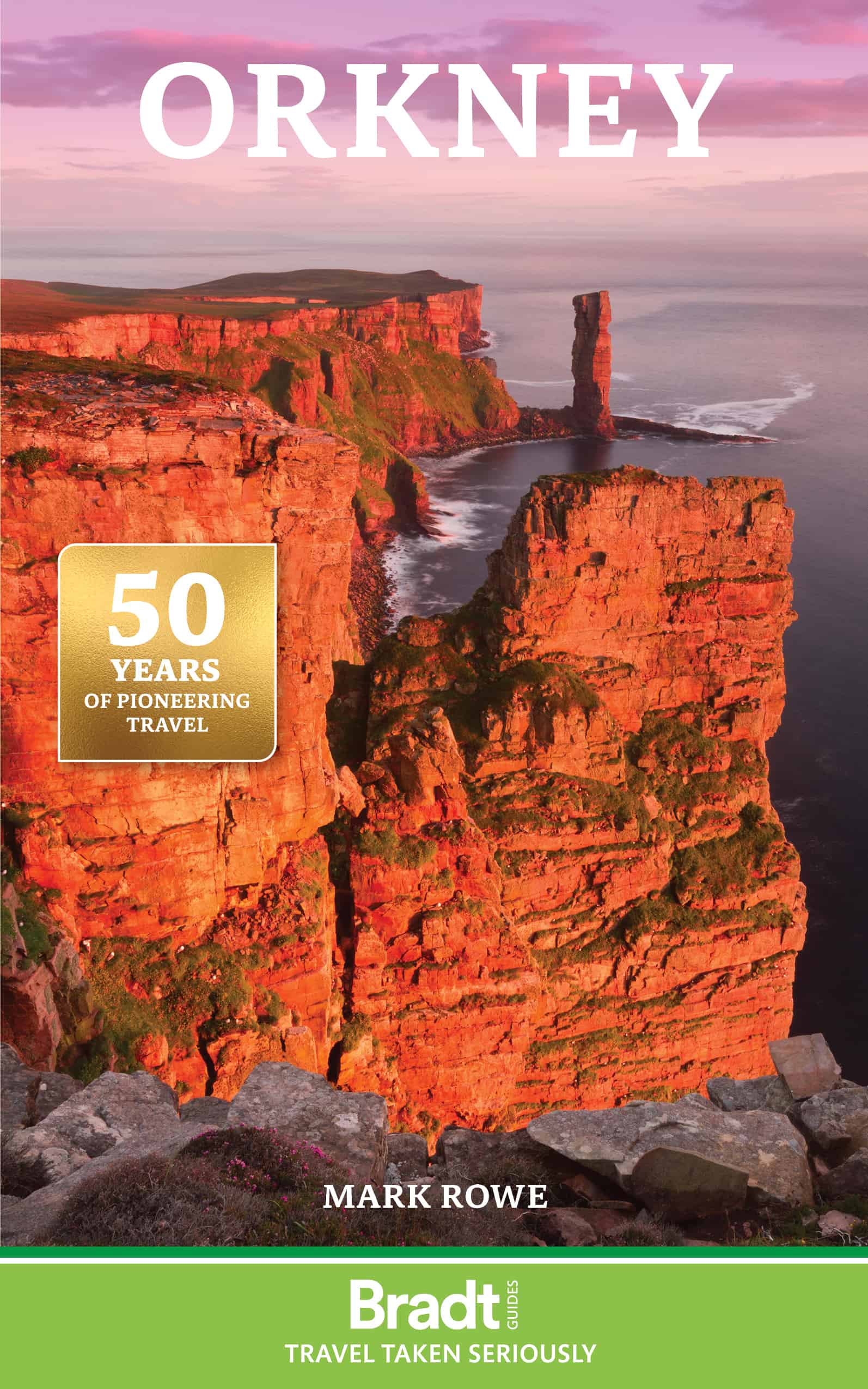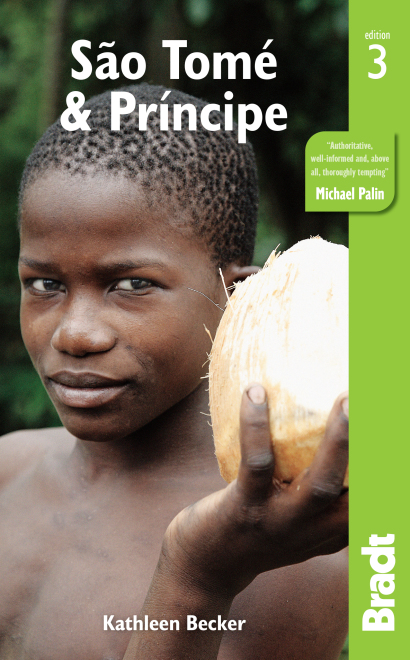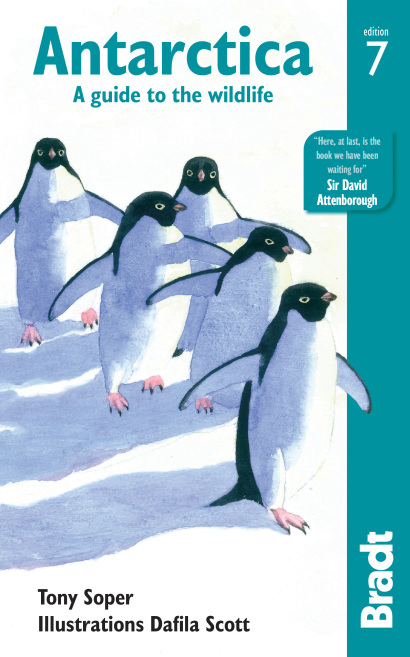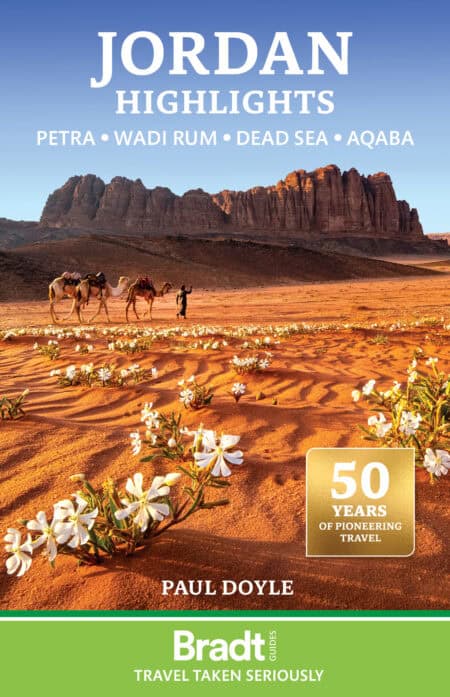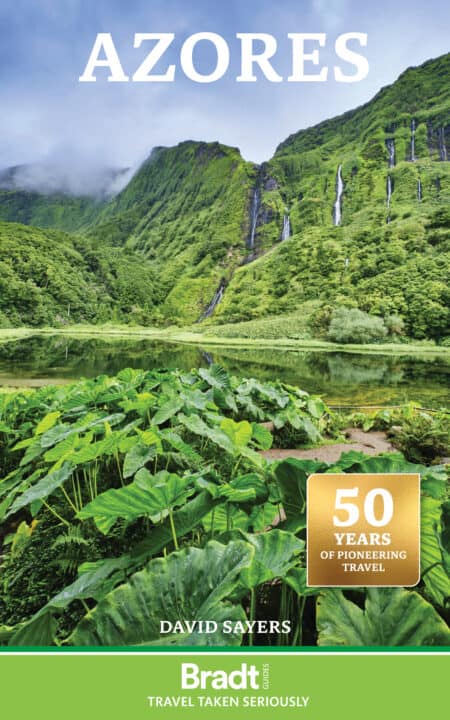Scotland: Orkney
Orkney travel guide. Holiday tips and expert advice for the Mainland, Hoy, Graemsay, Flotta, Burray, South Ronaldsay, Rousay, Egilsay, Wyre, Shapinsay, Sanday, Stronsay, Eday, Westray, Papa Westray and North Ronaldsay. Plus Skara Brae, Old Man of Hoy, Ring of Brodgar, Maeshowe, Scapa Flow, Marwick Head, wildlife, beaches, walking and archaeology. Scotland.
Edition: 2
Number of pages: 328
About this book
This thoroughly updated second edition of Bradt’s guidebook to the alluring Scottish archipelago of Orkney is written by experienced author and journalist Mark Rowe, who is something of a specialist on the more remote parts of Scotland. Bradt’s guidebook combines all the practical details a traveller could need (when to visit, suggested itineraries, local culture, accommodation, and where to eat and drink) together with insightful background that ranges from geography and geology to architecture and archaeology, plus significant coverage of wildlife.
Comprising 70 islands, of which just 19 are inhabited, Orkney is extraordinary. The World Heritage Site of Neolithic Orkney harbours many archaeological treasures, including Skara Brae, the most important Stone-Age village in northern Europe, and Maeshowe chambered tomb, whose entrance is aligned with the setting sun on the winter solstice. Here you’ll also find the Old Man of Hoy, a spectacular 140m-high sea stack; Scapa Flow, scene of the dramatic scuttling of the German fleet in 1919; and dramatic nature reserves with cliffs upon which one in six UK seabirds nests.
The deeper you delve – made easy with Bradt’s Orkney – the more you uncover. Foodies will be delighted by an astonishing number of local food outlets and family producers, some going back more than 100 years. Discover Scotland’s first carbon-neutral island (or that’s the plan!), the island whose past may have included sky burials, and the world’s shortest scheduled commercial flight (just 60 seconds!). Or why not attend one of the world’s leading science festivals or Scotland’s sole wine festival?
New for this edition are additional mapped walks; greater detail on history; expanded coverage of archaeological developments, the outer isles, new or enhanced visitor attractions including croft tours – all in the UK’s top destination for cruise ships and an increasingly popular location for family staycations.
With much to enchant archaeology enthusiasts, walkers, cyclists, wildlife watchers, beach lovers and genealogists, Bradt’s Orkney is the ideal guide for those who travel with curious minds to discover far-flung places of great cultural, historical and wildlife interest.
Before ordering ebooks from us, please check out our ebook information.
About the Author
Mark Rowe (markrowe.eu) is a journalist and author specialising in travel, the great outdoors, wildlife and the environment. A former staff writer for the Independent, he writes for national newspapers and magazines, is dossiers editor at Geographical and author of the ‘Behind The Headlines’ column for BBC Countryfile. Since his first trip in 1988, Rowe has visited Orkney over 20 times and has travelled widely across the island archipelago, camping on moorland, kayaking and birdwatching. His favourite experiences there include emerging from Sanday’s sea mist onto dunes at Cata Sands and watching gannets fly past at arm’s length on Westray. Rowe is the author of Bradt’s best-selling Outer Hebrides, which was reprinted inside three months, and Slow Travel: Isle of Wight. Although currently living in Bristol, he remains optimistic that he will one day finally persuade his wife and three children to relocate to a Scottish island.
Additional Information
Table of ContentsChapter 1 Background Information
Chapter 2 Practical Information
Chapter 3 The Mainland
Chapter 4 Hoy, South Walls and Flotta
Chapter 5 Burray and South Ronaldsay
Chapter 6 Rousay, Egilsay and Wyre
Chapter 7 Shapinsay
Chapter 8 Stronsay
Chapter 9 Eday
Chapter 10 Sanday
Chapter 11 Westray
Chapter 12 Papa Westray
Chapter 13 North Ronaldsay
appendix 1 Language
appendix 2 Glossary of archaeological terms
appendix 3 Further Reading
